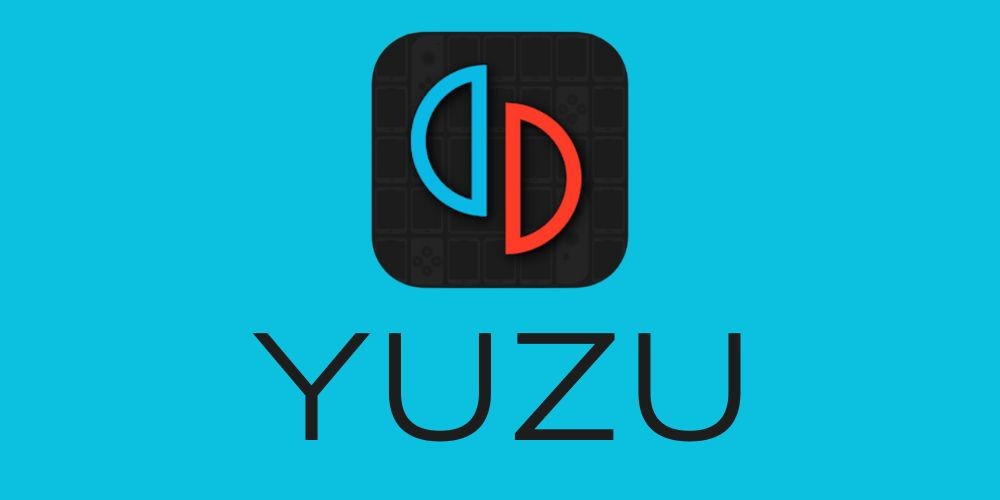The Unexpected Demise of Yuzu: A Cautionary Tale in the Emulation Arena
- Mar 06, 2024
- 37

The emulation community was shaken to its core with the recent announcement that Yuzu, the popular Nintendo Switch emulator, has met its untimely end. After legal pressures and a lawsuit from gaming giant Nintendo, Yuzu developers agreed to a hefty settlement of $2.4 million. This legal clash is of exceptional note, as it marks the potential for a new stance on emulators that challenges two decades of relative safety since the Connectix and Bleem! cases were decided.
The settlement is surprising, considering the uncertainty around how a judge might have interpreted the circumvention of Switch's encryption — something that has evolved considerably since the early days of console emulation. As technology progresses, the law frequently trails behind, leaving gray areas that court cases like this could have clarified. Instead, Yuzu's developers agreed to cease operations and avoid the staggering costs of a protracted legal battle.
Despite the possibility that the emulator's actions weren't primarily designed to sidestep copyright protections but rather a necessary step for the emulator to function, Nintendo's lawsuit struck a chord with the Digital Millennium Copyright Act (DMCA). The developers' settlement decision reflects the precarious position emulator creators occupy, sandwiched between technological innovation and copyright laws. Given these circumstances, settling might well have been the pragmatic choice to avoid long-term legal entanglements—albeit a choice with profound implications for Yuzu and similar projects.
As part of the settlement, Yuzu's complete dissolution was mandated. This includes not just halting the project's development and distribution but also transferring control of their domain to Nintendo and eradicating all copies and tools related to Yuzu. Lead developer Bunnei's statement underscores a resolution punctuated by legal necessities and a disheartening acknowledgment of piracy concerns. The impact of this settlement sends a clear message to the emulation community about the risks of legal retribution from intellectual property holders.
Looking ahead, the question on many minds is whether this result will embolden Nintendo to pursue similar legal action against other emulation ventures. Nintendo's decisive move against Yuzu, though settled outside of court, likely sets disquieting precedence for developers — or does it? It's possible that this case will cast a shadow over the future of emulation, but given the determination of the community and the complexities of technology and copyright, only time will tell if Yuzu's tale will be the beginning or merely a blip in the storied history of console emulation.